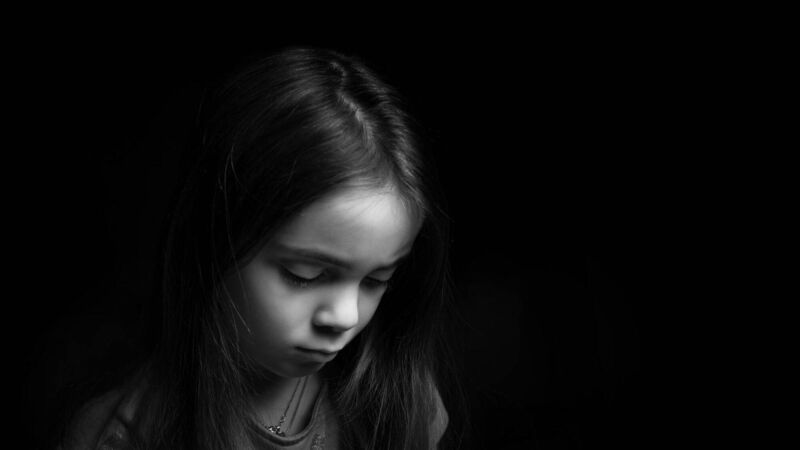Irish Examiner View: Childline calls reveal a darker side to life for Irish children

For many children, Christmas and the pandemic are just exacerbating an already difficult situation. File picture.
Many people did not celebrate Christmas in the way they expected to. The surge in Covid-19 cases and close contacts meant that thousands of Christmas plans had to be shelved yet again.
Until just a few weeks ago, it seemed as if we would be celebrating a near-to-normal festive season, but the Omicron variant put paid to that.
















